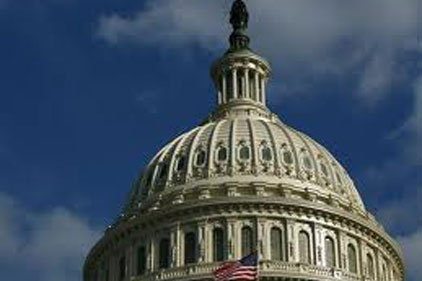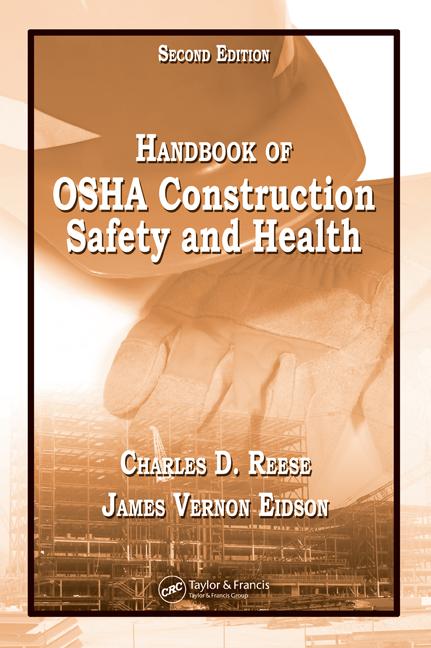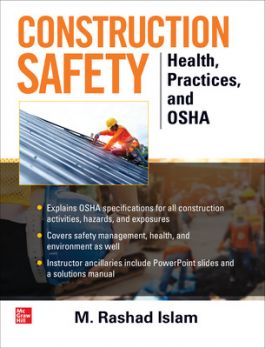For the second time in a year, workplace health and safety advocates are saying the White House is unnecessarily holding up a key workplace safety regulation that could have already saved workers’ lives if it had been implemented.
For the past 11 months, the White House Office of Management and Budget (OMB) has been reviewing a rule that would limit workers’ exposure to silica dust, which is commonly found in materials used for constructions and mining. Exposure to silica can lead to silicosis, a disease that causes lung cancer and respiratory failure.
An OMB review period is supposed to be only 90 days, although some cases allow for an additional 45 day review followed by a public comment period before a regulation is published in the Federal Register. The White House, however, has held nine closed door meetings between industry groups such as the National Association of Home Builders, the American Chemistry Council and the National Industrial Sand Association. In the 11 months that the rule has been held up by the White House, a report by Public Citizen estimates that 60 people could have been saved if it were already implemented.
Last week, 300 workplace safety advocates sent a letter to the White House protesting the delay. They wrote:
“Nearly a year ago, on February 14, 2011, the Occupational Safety and Health Administration (OSHA) submitted the draft proposed health standard on respirable crystalline silica to OMB’s Office of Information and Regulatory Affairs (OIRA), pursuant to Executive Order 12866 (EO). Although the EO directs OIRA to complete its review within 90 days (with the allowance for one 30 day extension) the draft OSHA silica standard has been with OIRA for more than 345 days.
“Moreover, OMB staff has hosted at least nine private meetings with individuals about the proposed OSHA action, most of whom represent companies with a direct financial interest in the matter. These closed door meetings with special interests are wholly inconsistent with your promise of openness and public participation.
In a separate statement, the Union of Concerned Scientists questioned the OMB delay saying, “This year, industry representatives have met nine times with OMB staff, raising questions about whether the White House will interfere in the development of this science-based standard.” In its statement, the UCS reminded the White House that “The Bush administration’s OMB was caught several times weakening, delaying, or outright stopping science-based rules on many topics, including exposure to asbestos, ground-level ozone pollution, endangered species, formaldehyde emissions during plywood production, particulate matter, and the impact of climate change on public health.”
Likewise, the 10,000 member strong American Industrial Hygiene Association (AHIA) has questioned whether the delay in reviewing the rule is technical or political. Writing in a November letter to the White House Department of Labor, AHIA President Elizabeth L. Pullen wrote:
“Regardless of the technical merits of any comment made to OMB, we feel that extending review of the silica standard is an unacceptable attempt to “short circuit” the existing process and may make it unusually vulnerable to political influence. OMB does not have readily available access to professional safety and health expertise in order to make significant technical changes to the underlying proposal, and OMB’s review process does not maintain meaningful transparency for all affected parties…..
Pullen went on to add:
“Stakeholders are not privy to the proposed rule or OSHA’s findings until it is published in the Federal Register. We are asking the OMB to release the rule for publication in the Federal Registers so the public, including industry groups and all other with interest in silica can comment on and debate in an open public forum”
The OMB did not return a request for comment.
According to Public Citizen’s worker health and safety advocate Justin Feldman, OSHA has only published two workplace safety rules during the Obama administration. “I would say there are a number of pro-industry groups within the administration wary of passing anything that may upset industry, especially in an election year,” Feldman says.








